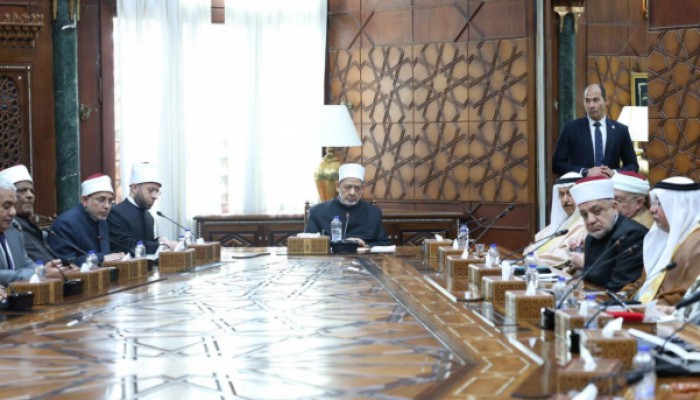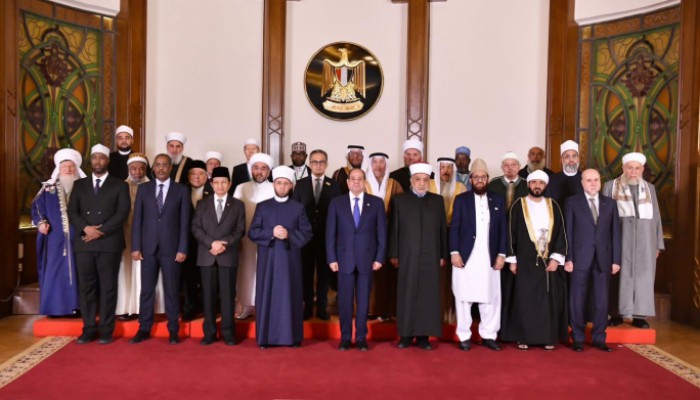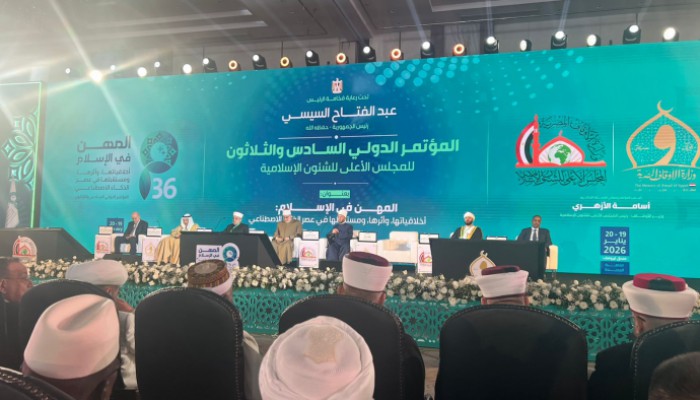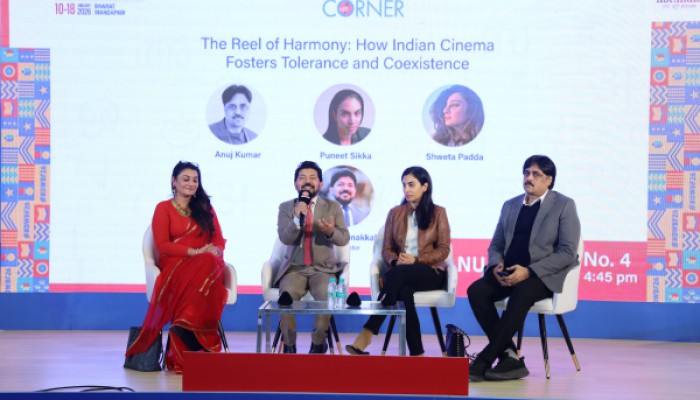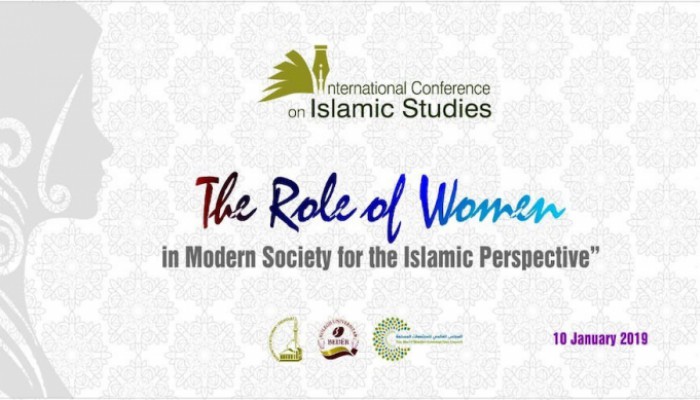
World Muslim Communities Council organized on 10 January a conference on "The Role of Muslim Women in the Renaissance of Albania" in Tirana
- 2019-Mar-17
The World Muslim Communities Council in cooperation with the Albanian Islamic chiefdom and the Islamic studies department at Badr University, organized the second International Conference on Islamic Studies (ISCON) entitled "The Role of the Muslim Women in the Renaissance of Albania - Opportunities and Challenges" on Thursday, 10 January 2019, in the Albanian capital city Tirana.
This event brought many scholars, imams, researchers, students of science and many other figures from different countries and cultures of the world together. They discussed the most important issues related to the role, rights and duties of women, in addition to the current major issues related to her personality from the Islamic religious point of view and the reality of community.
The opening speech has been delivered by Sheikh Iskandar Broutchai, head of Albanian Islamic chiefdom, Professor Vassilika Hessi, vice president of the Albanian Parliament, lawyer Arinda Palansa, head of the Albanian Bar Association, Dr. Mohammed Bechari, Secretary General of the World Muslim Communities Council and professor Ferdinand Gjanana, head of Badr University Albania.
The conference has revolved around three themes: "Muslim Women in Modern Albania", "The Role of Women in the Renaissance of Albania (Education as a Model") and "The Role of Women in Social Peace in Albania".
The Conference on "The Role of Muslim Women in the Renaissance of Albania - Opportunities and Challenges" seeks to achieve several objectives, including activating the role of Muslim women in the building of modern Albania and promoting the values of tolerance and co-existence in the Albanian Republic, furthermore, highlighting the role of the complementary relationship between men and women in creating a model community system and paying attention to the most important obstacles facing women's progress in their society.
The conference concluded its activities on the second day, on the 11 of January 2019 by a training course for students of higher education in the Department of Islamic Studies at Badr University in Albania.
It is worth mentioning that the importance of this conference is in its compatibility with the goals of the World Muslim Communities Council in particular the Eighth and Ninth Goals, which are aimed at "rehabilitating of families, women, youth and children in the field of education on citizenship and cherishing their national, cultural and religious identity, moreover, contributing to the development of their societies and highlight the successes of the Muslim communities in non-Muslim countries around the world, the dissemination of models that promote positive practices and the contribution of civilization to its members through its open interaction with the rest of the components of their communities.
This important event came in line with the provisions of the International Covenant on Muslim Communities in Article 6 of Chapter III of Part One, which states: "We shall promote our economic and social conditions with dignity, human rights, fundamental freedom and full citizenship away from all forms of extremism". In addition to the provisions of chapters VIII and XIV of chapter II of Part Three, which are based on "Supporting noble Islamic values that lead to the booster of intermediation, moderation, tolerance and respect for diversity" and "Encouraging the acquisition and dissemination of scientific knowledge, consistent with the noble values of Islam to achieve intellectual excellence."
The Conference conforms to the provisions of the Albanian Constitution and its respect for human rights too, particularly in article II of the rejection of the existence of any form of discrimination for reasons such as gender, race, religion and language, or political, religious, philosophical, economic, educational, and social or descent beliefs.
In response to the attention of the wise men of the Albanian Republic of the utmost importance in activating the role of women and even promote them.
The World Muslim Communities Council is based in Abu Dhabi, the capital city of the United Arab Emirates, and has 60 members. Its secretariat consists of 17 members representing Muslim communities in non-Muslim countries around the world.
The Council aims at increasing the role of Muslim societies and their members in the renaissance of their civil, cultural and economic states, as well as to correct the stereotypical image of Islam and Muslim societies.




